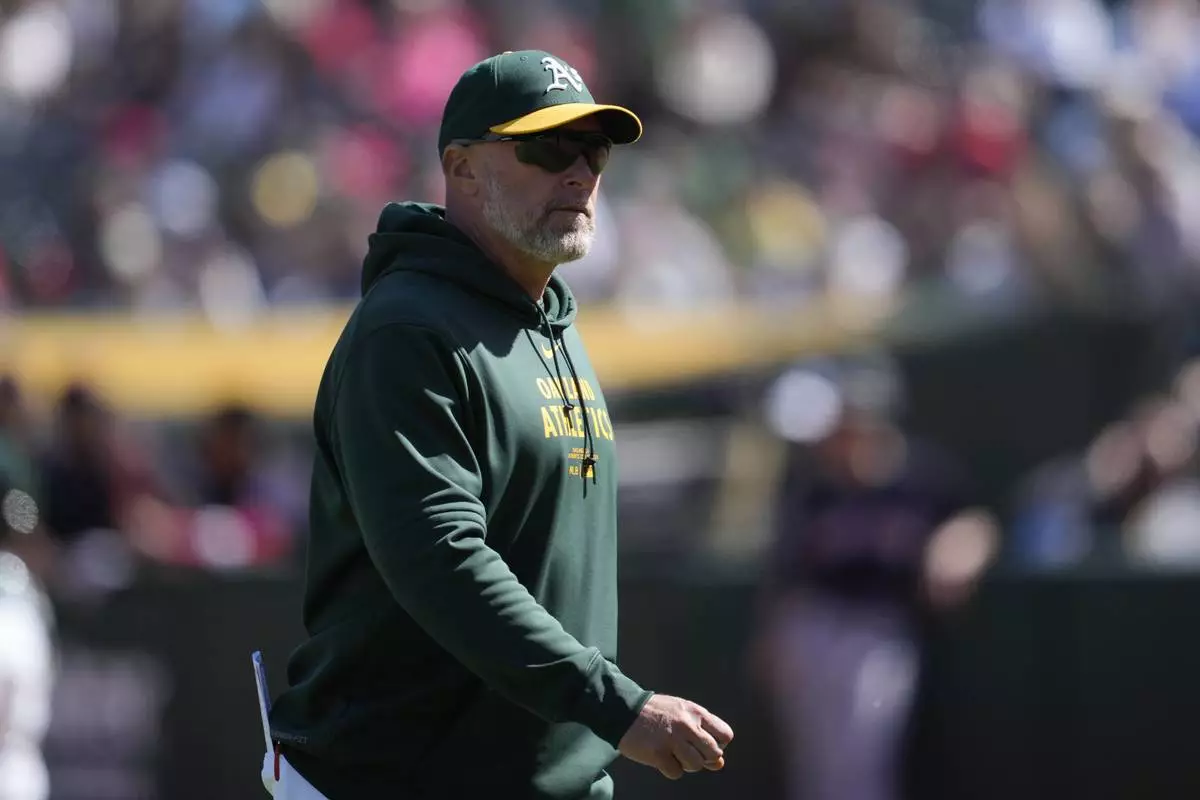New Zealanders are debating the limits of free speech after their chief censor banned a 74-page manifesto written by the man accused of slaughtering 50 people at two mosques in the city of Christchurch.
The ban, issued Saturday, means anybody caught with the document on their computer could face up to 10 years in prison, while anyone caught sending it could face 14 years. Some say the ban goes too far and risks lending both the document and the gunman mystique.
At the same time, many local media organizations are debating whether to even name the Australian man charged with murder in the March 15 attacks, 28-year-old Brenton Tarrant, after New Zealand Prime Minister Jacinda Ardern vowed she would never mention him by name.

FILE - In this March 16, 2019, file photo, flowers lay at a memorial near the Masjid Al Noor mosque for victims in March 15 shooting in Christchurch, New Zealand. New Zealanders are debating the limits of free speech after their chief censor banned a 74-page manifesto written by a man accused of massacring 50 people at two mosques. (AP PhotoVincent Yu, File)
In some ways, Tarrant's manifesto provides the greatest insight into his character and thinking, with neighbors and those he met in a gym in the sleepy seaside town of Dunedin recalling nothing particularly remarkable about him.
Chief Censor David Shanks said Tarrant's manifesto contains justifications for acts of tremendous cruelty like killing children and encourages acts of terrorism, even outlining specific places to target and methods to carry out attacks.
He said that in banning the document, he and his staff worried about drawing more attention to it. But in the end, he said, they decided they needed to treat it the same way as propaganda from groups like the Islamic State, which they have also banned.
Shanks had earlier placed a similar ban on the 17-minute livestream video the killer filmed from a camera mounted on his helmet during the shootings. He said researchers and journalists could apply for exemptions from both bans.
But while free speech advocates haven't questioned banning the graphic video, they said banning the manifesto is a step too far.
"People are more confident of each other and their leaders when there is no room left for conspiracy theories, when nothing is hidden," said Stephen Franks, a constitutional lawyer and spokesman for the Free Speech Coalition. "The damage and risks are greater from suppressing these things than they are from trusting people to form their own conclusions and to see evil or madness for what it is."
Franks said he had no interest in reading the manifesto until it was banned. He now is curious because it is "forbidden fruit," he said, and he worries others may feel the same way. He said the ban makes no sense when New Zealanders remain free to read Adolf Hitler's autobiography, "Mein Kampf."
Ardern told Parliament last week that she wouldn't give the gunman anything he wanted.
"He sought many things from his act of terror, but one was notoriety," she said. "And that is why you will never hear me mention his name."
She said people should instead remember the names of the victims.
Some media organizations appear to be taking up her call. News website Stuff on Saturday published an 1,800-word profile on Tarrant without once naming him.
"Our view at the moment is that we're dialing back on naming him, unless it's pertinent or important," said Mark Stevens, the editorial director at Stuff.
The New Zealand Herald also published a profile on Tarrant with an accompanying editorial that mentions Ardern's stance. The editorial says, "Our piece keeps the mention of his name to a minimum."
News organizations fear Tarrant will use his trial as a soapbox to promote his white nationalist views, especially after he fired his lawyer and said he'd represent himself.
But Danish journalist Claus Blok Thomsen, who works for the Politiken newspaper and covered the trial of Norwegian mass murderer Anders Breivik, said there are dangers in censoring Tarrant. He said that during the Breivik trial, many media outlets, including his own, were careful to report only what happened in court without discussing Breivik's far-right ideology.
He said it was an approach favored by intellectuals and so-called experts, but when he interviewed the families of the victims, he found many of them were angry.
"They said when we start to censor ourselves, we just make him into a martyr," Thomsen said. "We are not able to learn how mad this guy was, what his thinking was, until everything is out in the light."
In his manifesto, Tarrant describes himself as being born into a working-class family and not being interested in university. He says he made some money investing, although in other internet posts he talks about getting an inheritance when his father died.
In Dunedin, about a five-hour drive south of Christchurch, Tarrant lived in a modest pale-green wooden apartment. His neighbors said they'd see him out running sometimes, but that he mostly kept to himself. At the Anytime Fitness gym, those who knew him described him as polite and interested mainly in pumping weights that build upper-body strength.
Tarrant was also a member of the Bruce Rifle Club, which has a shooting range down a dusty forest road that's used mostly by hunters and loggers, about a 45-minute drive southwest of Dunedin near the rural town of Milton.
Dozens of boxes of bowling pins stacked in teetering towers and a few fluorescent vests are all there is inside a simple hut at the range. The club closed indefinitely last week after it emerged that Tarrant was a member.
But like much of his life in Dunedin, Tarrant was something of a ghost at the club. Polite, low-key, helpful, normal. Club vice president Scott Williams told the Otago Daily Times that Tarrant seemed "as normal as anyone else" and never mentioned anything about his white supremacist beliefs.
"I think we're feeling a bit stunned and shocked and a bit betrayed, perhaps, that we've had this person in our club who has ended up doing these horrible things," he told the newspaper.
Williams said Tarrant was always helping out around the club, including setting up and packing down the range. He said Tarrant used a hunting rifle and an AR-15, which wasn't unusual.
One of the few people who has publicly said he had concerns about Tarrant before the attacks is hunting guide Pete Breidahl. He said he complained in 2017 to a local police officer who monitors gun licenses about the disturbing behavior of some members of the rifle club.
In a Facebook video and comments posted online, Breidahl said some club members had Confederate flags, wore camouflage clothing with rank insignia, vilified Muslims and had homicidal fantasies. He claimed to have met Tarrant, calling him "not right." Police said they had no record of a complaint but were looking into Breidahl's claims.
In his manifesto, Tarrant claims he got approval for his attack from Breivik, who killed 77 people in Oslo and a nearby island in 2011. Breivik's lawyer has said that's very unlikely because his client has limited contact with the outside world from his prison cell.
Thomsen, the journalist, said the biggest fear he and other reporters had when they were covering Breivik was that he would inspire a copycat killer. Now he's traveled to Christchurch to learn more about what happened there.
"I think it's safe to say that this is what we feared," he said.






